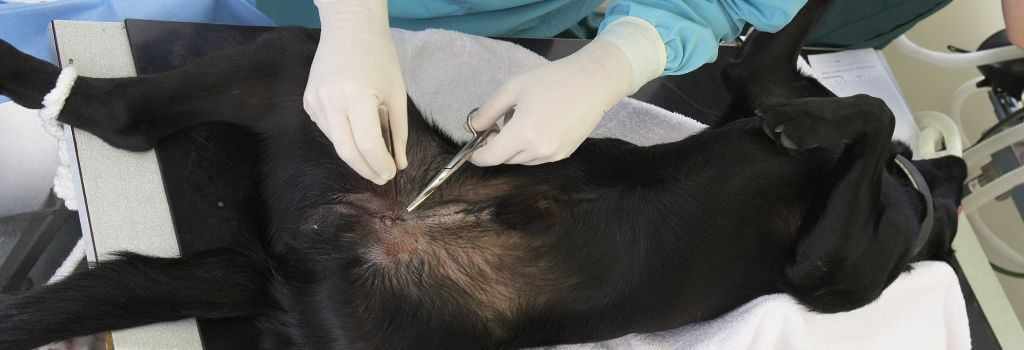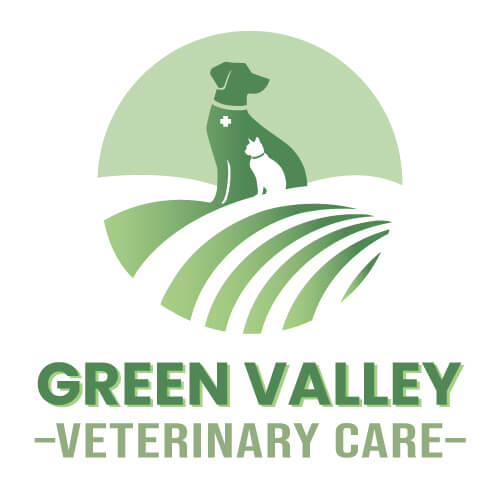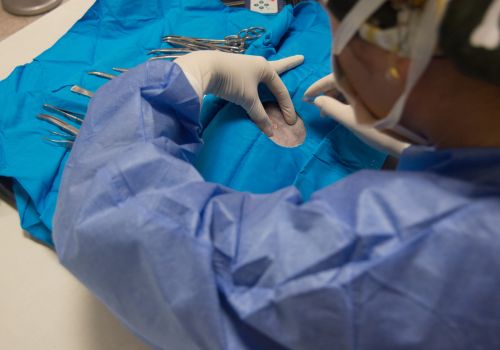All About Dog Spays and Neuters
At Green Valley Veterinary Care, we understand the importance of providing the highest quality and best service to pet owners. That’s why we strive to provide comprehensive and information about spaying and neutering for dogs. We believe that pet owners should have all the information they need to make an informed decision about their pet’s reproductive health and well-being. In this article, we’ll discuss the differences between spaying and neutering, the associated health benefits, when to bring your pet in, and recovery tips. Read on to learn more about dog spaying and neutering. If you are located near [pratice:city], OH, and would like to learn more about having your furry friend spayed or neutered, don’t hesitate to give us a call at (937) 358-8142.
What is the Difference Between Dog Spaying and Neutering?
Spaying is the surgical removal of a female dog’s uterus and ovaries, while neutering is the surgical removal of a male dog’s testicles. Veterinarians perform both procedures while the pet is under anesthesia to ensure their safety and comfort. Spaying and neutering can help reduce pet overpopulation as well as decrease aggression in male dogs, which can lead to better behavior for both male and female dogs. These procedures also offer health benefits.
How Does Dog Spaying or Neutering Impact the Health and Well-Being of My Pet?
Spaying or neutering a pet can have numerous health and behavioral benefits. Having your dog spayed or neutered can extend their life, reduce the risk of certain cancers, and decrease mating-related behaviors, like howling, urine marking, and roaming in search of a mate. Spaying reduces the risk of mammary tumors and cancer in females, while neutering eliminates the risk of testicular cancer in male companion animals. However, pet owners should be aware of potential risks associated with spaying or neutering, such as joint disorders and obesity. It is important to consult with a veterinarian to understand the best decision for your pet’s specific breed and situation.
How Soon Should I Bring My Pet in to See a Veterinarian to Get My Dog Spayed or Neutered?
We recommend bringing your pet in to see us as soon as possible so we can help you determine the right time to schedule your furry friend’s surgery. Generally, puppies should be spayed or neutered before they reach six months of age, but there are exceptions. That’s why it’s important to consult with your veterinarian about the best timing for your pet.
At what age should I spay or neuter my dog?
The age for spaying and neutering your dog can vary based on the breed, and we can discuss that during an appointment to determine the most appropriate time for you and your pet.
What are the health benefits of spaying my dog?
The health benefits are significant. When we spay a dog, we can reduce the risk of pyometra or uterine infection. Uterine infections in dogs can be deadly. Spaying them removes that risk. If you spay your dog before their first heat, you can reduce the risk of mammary cancer or breast cancer by 98%. That's a huge benefit to spaying your dog. It also prevents unwanted pregnancies, as female dogs that go through heat cycles can become pregnant.
What are the health benefits of neutering my dog?
Many benefits in the beginning are behavioral. If we have testosterone-driven behavior like aggression, humping, or urine marking, neutering can help eliminate those behaviors. As the dog gets older, neutering can reduce the risk of prostate infections, and testicular cancer is eliminated at 100%.
What should I expect on the day of the surgery?
You will bring your pet to us early in the morning, and we'll conduct an intake exam with you. We'll keep in touch with you throughout the day and provide updates on how your pet is doing during their spay or neuter procedure at our clinic. At discharge, we'll go through everything you need to know to care for your pet at home.
How much does spaying or neutering typically cost?
The cost varies based on the age and weight of your dog. There are low-cost surgical options that might be available to you. The difference between low-cost spay and neuter clinics and us is significant, and we can discuss that at an appointment. The cost can vary based on the age and weight of your animal, or if you choose to go to a low-cost spay or neuter clinic.

What Will My Veterinarian Need to Know About My Dog Before Spaying or Neutering?
Before any spaying or neutering procedure, your veterinarian will need to conduct a thorough examination of your pet. This includes a physical examination and routine blood testing, as well as, in some cases, additional or special testing. It is important for your veterinarian to know your pet’s age, breed, health condition, blood test results, and organ function before carrying out the procedure. This information is vital to ensure that the procedure is safe and effective for your pet.
How Long Will it Take for My Dog to Recover from Being Spayed or Neutered?
The recovery time for a spay or neuter procedure will vary depending on the size and age of your pet. Generally, most pets can return home within 24 hours following the procedure. After returning home, it is important to watch for any signs of infection or pain, such as excessive licking or swelling at the surgical site.
What Care Should I Be Prepared to Provide at Home While My Dog is Recovering from Their Spay or Neuter Surgery?
It is important to provide your pet with a quiet, comfortable place to recover. Avoid activities that involve running, jumping, or excessive playing, as these can increase the risk of swelling around the incision site. Strenuous activity could also cause the incision to open. Keep the incision dry and check it twice daily until healed. Use an Elizabethan collar (E-collar) to prevent your dog from licking, scratching, or chewing the site. Additionally, monitor for any potential warning signs of complications.
Common signs of problems following spaying/neutering include:
- Swelling
- Discharged
- Lethargy
- Loss of appetite
- Vomiting
- Diarrhea
If any of these symptoms occur, call your vet immediately.
Spaying or Neutering Your Dog at Green Valley Veterinary Care
Spaying or neutering a pet provides numerous health and behavioral benefits. However, it is important to consult with a veterinarian to understand what’s best for your pet’s specific breed and situation. At Green Valley Veterinary Care, we believe that every pet deserves the highest quality care and attention. With our experienced staff and tailored approach to anesthesia and patient care protocols, we offer comprehensive services that prioritize the safety and well-being of your dog!
If you live in or near Troy, OH, and are looking for pet care, contact us at (937) 358-8142 to set an appointment. You can also email us at [email protected]. Our staff would love to talk with you!
Don't forget to follow us on social media: Facebook, Instagram.

